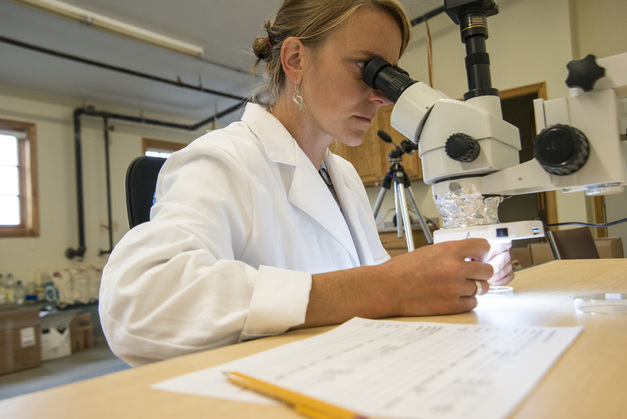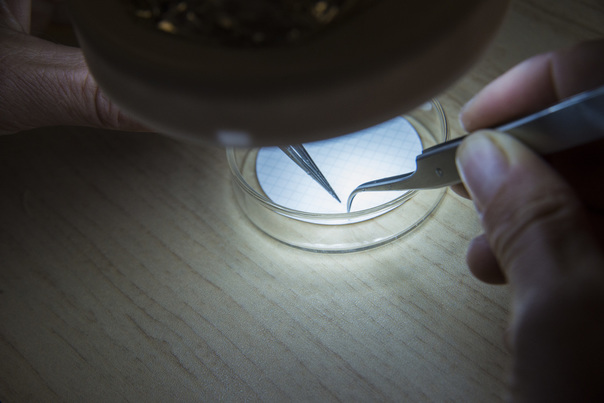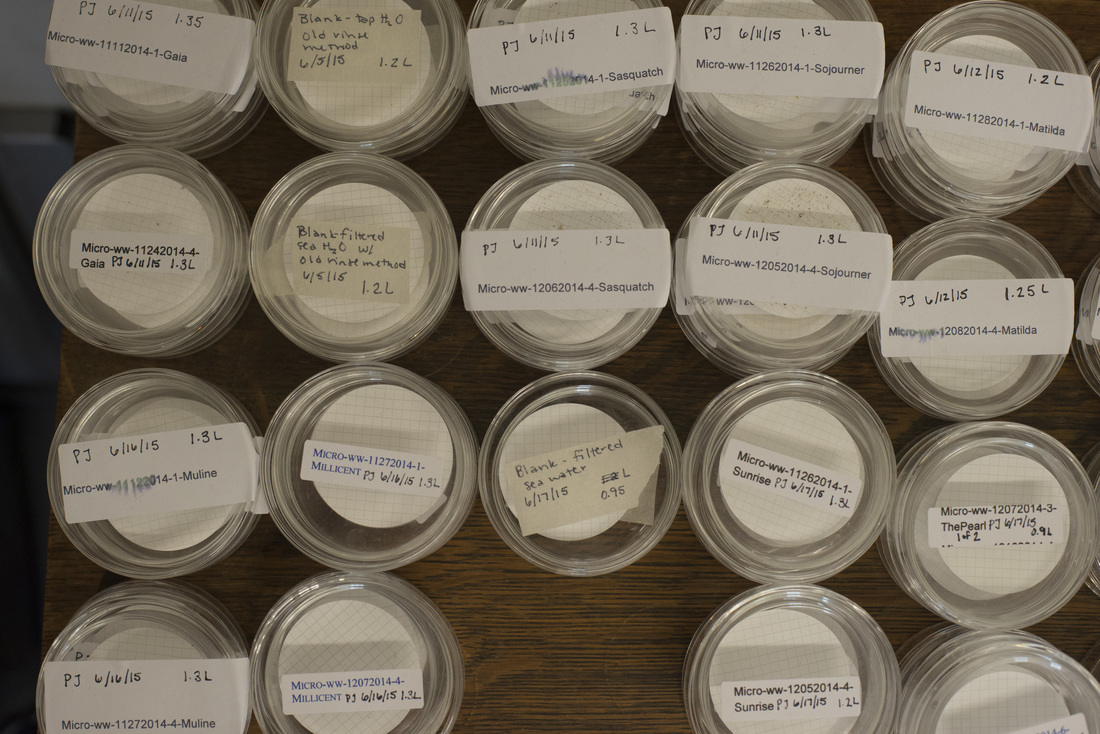A new partnership has formed to tackle microplastic pollution in oceans, lakes, and rivers around the globe through expanded scientific exploration. The College of the Atlantic (COA), in Bar Harbor, Maine, has joined forces with Adventurers and Scientists for Conservation on their Global Microplastics Initiative.
Microplastic particles smaller than 5mm in diameter are found in waters worldwide. Toxins including pesticides attach to these particles, which are then ingested by aquatic life, threatening organisms throughout the food chain and human health. Understanding the distribution and abundance of microplastics in the world’s oceans, lakes, and rivers will inform global conservation decision making and the formation of policies to protect aquatic ecosystems.
By leveraging the skills of the outdoor adventure community, ASC is uniquely able to gather difficult-to-obtain data at any scale, in any environment, aimed at solving the pressing environmental issues of our time. College of the Atlantic is a small, experiential college with a focus on human ecology, and an educational approach that integrates knowledge from across disciplines to investigate and ultimately improve the relationship between humans and our natural, social, and built environments.
By leveraging the skills of the outdoor adventure community, ASC is uniquely able to gather difficult-to-obtain data at any scale, in any environment, aimed at solving the pressing environmental issues of our time. College of the Atlantic is a small, experiential college with a focus on human ecology, and an educational approach that integrates knowledge from across disciplines to investigate and ultimately improve the relationship between humans and our natural, social, and built environments.
ASC Microplastics Principal Investigator Abigail Barrows is currently pursuing a Master’s degree from College of the Atlantic under the direction of ecology and biology professor Dr. Chris Petersen. She is working, in real time, to tackle this emerging environmental problem with the full support of both organizations.
This research partnership will expand the ability of both organizations to fulfill a shared mission of protecting our natural world. Abby’s interdisciplinary work at COA with chemists, biologists, and policy professionals will serve to inform her approach and bolster the significance of her findings. Her work with ASC will provide her continued access to an ever-growing, volunteer-generated dataset and an additional media platform for the dissemination of her results.




